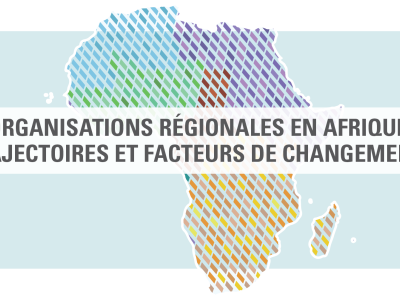
Industrial policies in lower-middle-income countries
Lower-middle-income countries (LMICs) are heterogeneous countries with various economic experiences. Many underwent different types of structural transformation from agriculture to manufacturing and services. Within manufacturing, they are generally specialised in low-tech labour-intensive or natural resource-intensive industries. Today, therefore, LMICs face a dual challenge. First, they must increase productivity in low-tech labour-intensive industries to improve their international competitiveness and provide employment to their large populations. Second, competing on costs with low-income countries is becoming increasingly difficult, implying that they have to diversify their production structures towards more sophisticated product niches.
This paper analyses the industrial policies implemented by some LMICs in selected industries and discusses the main conditions that affected their successes or failures. It shows that while multilateral trade rules may have restricted the policy space of LMICs, domestic conditions often affected the outcomes of industrial policies more than constraints induced by the current trade regulatory regime. Lack of domestic technological capabilities was a key constraint to the success of industrial policies. This can be addressed by science and innovation policies, which include research and development (R&D) incentives, science parks, and support to collaborative projects with universities and research institutes. The experiences of various countries show that these policies created solid knowledge bases and stimulated learning and the accumulation of capabilities within firms. It is worth noting that while innovation policies could complement and create pre-conditions for other industrial policies to be more effective, the available policy space could itself be better exploited by LMICs.
Read the paper

